With an eye on the horizon of digital finance, the Bank of Korea is proactively gearing up for a technological leap. The central bank's recently released 2022 Payment and Settlement Systems Report details its ongoing endeavours to seamlessly transition to a future of Central Bank Digital Currencies (CBDC) and to frame comprehensive stablecoin regulations.
The bank is vigorously working on upgrading the BOK-Wire+ fast payment system to a real-time gross settlement (RTGS). As per the report, this modernization, which includes the adoption of the ISO 20022 standard, is slated for full implementation by 2028. It also emphasizes the bank's increasing oversight of Big Tech payment services and commitment to boost its IT operational risk response capacity.
CBDCs are under close scrutiny by the central bank as it explores potential avenues for its introduction. This includes in-depth studies of smart contracts, cross-border payments, and offline transactions facilitated by near-field communications. A simulated CBDC system was put through its paces in collaboration with 14 Korean banks and the Korea Financial Telecommunications and Clearings Institute, with an aim to validate its functionality.
The bank is keen on optimizing the performance of its system which, at present, processes up to 2,000 transactions per second. Although the system's capacity outperforms many domestic payment systems, there's a recognized need for improvements to maintain efficiency at peak loads.
An intriguing aspect of the report was the bank's experiment with the zero-knowledge proof protocol to enhance the privacy of CBDC transactions. Despite slowing down the transaction speed, the protocol was successful in obscuring wallet addresses and payment amounts. The bank is also considering homomorphic encryption for added privacy.
The Bank of Korea is diligently pushing the boundaries of CBDC research, intending to explore CBDC-based tokenized deposits and expand its collaborative research with banking institutions and the clearings institute.
Finally, the report underscored the country's strides towards a robust regulatory framework for digital assets. Notably, the introduction of the Framework Act on Digital Assets Act represents significant progress in this area.








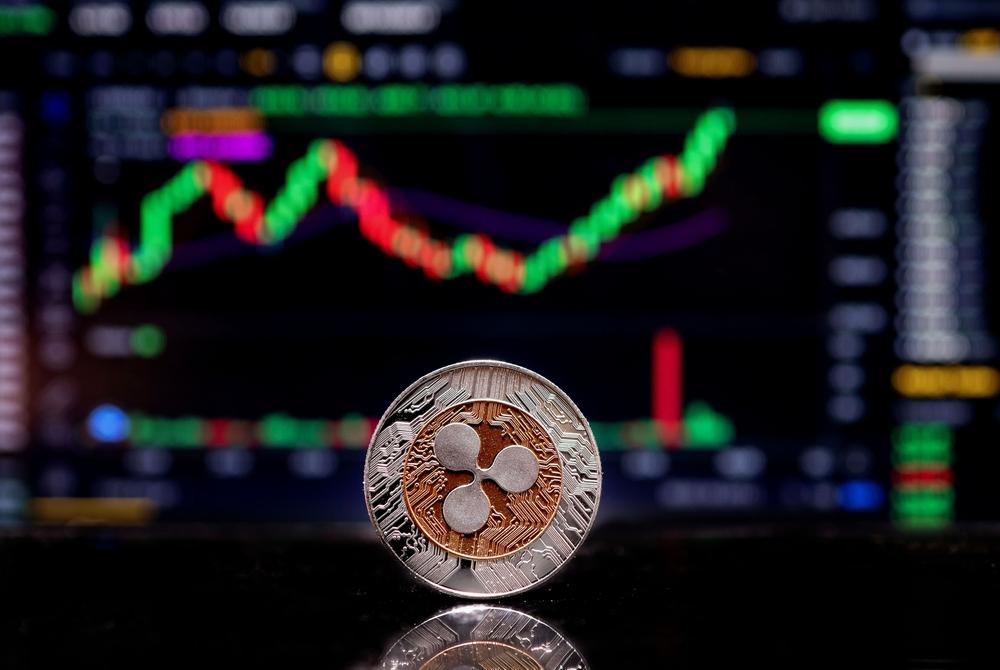




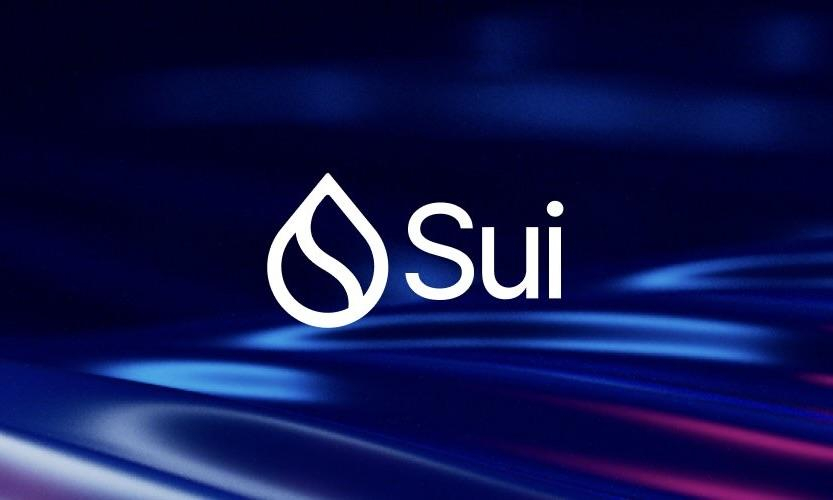







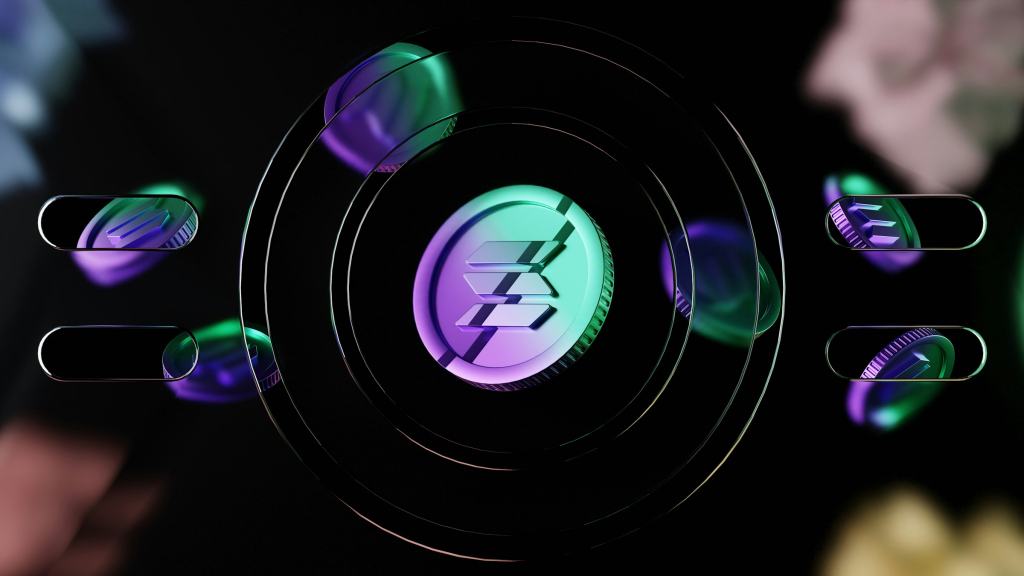

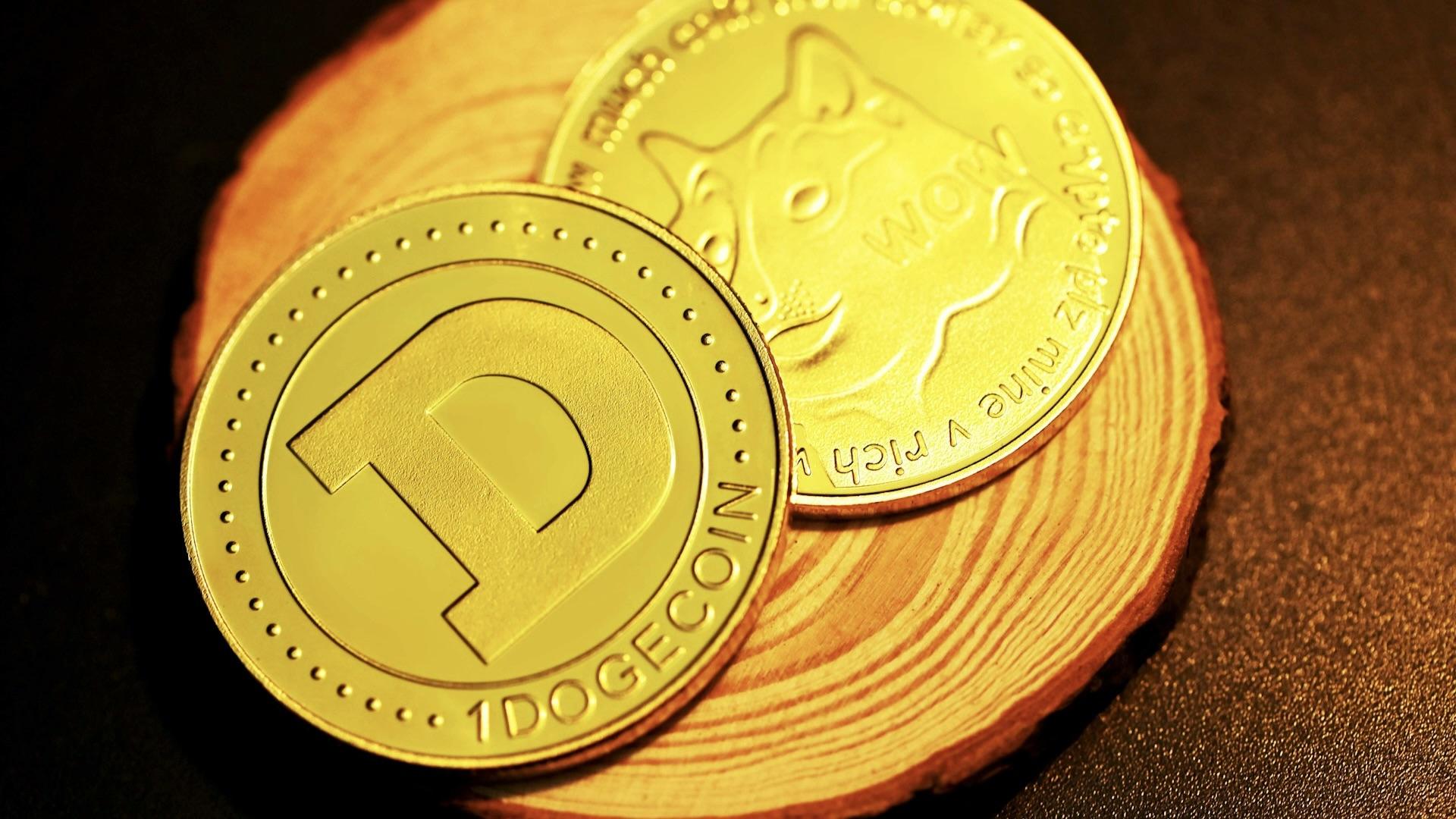
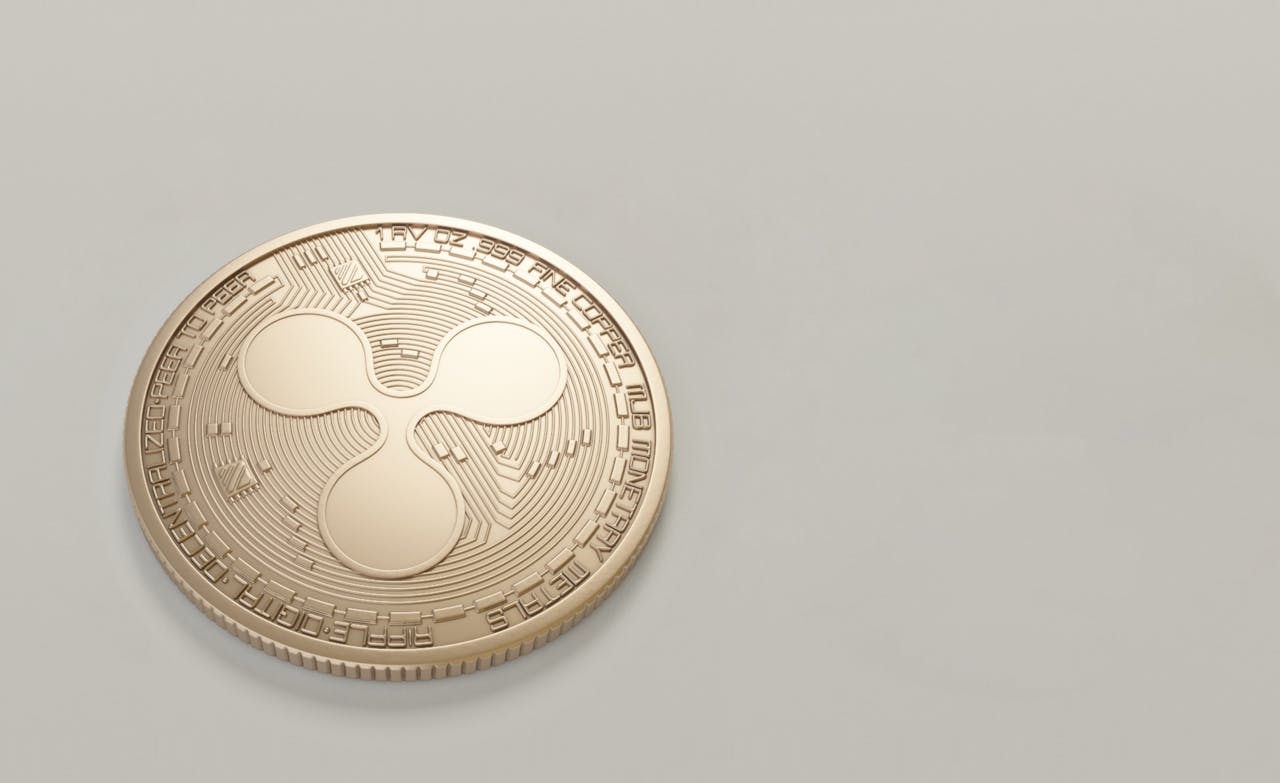

Comment 0